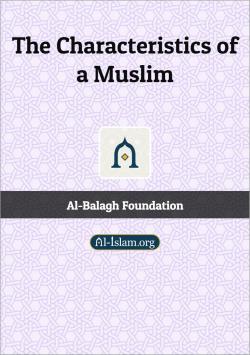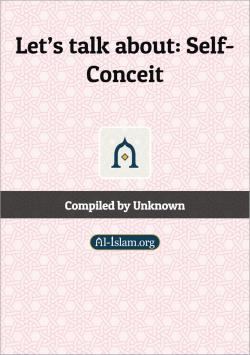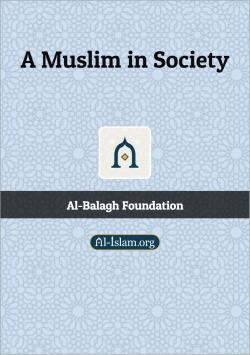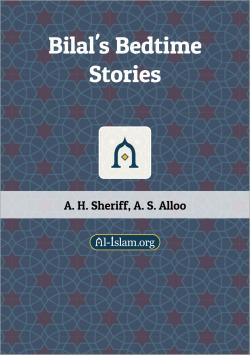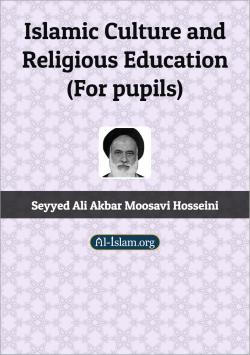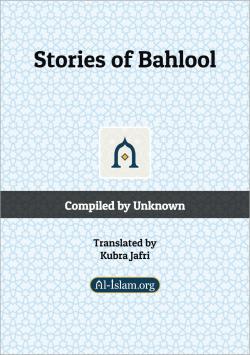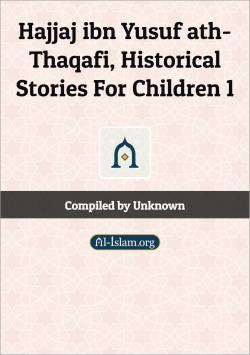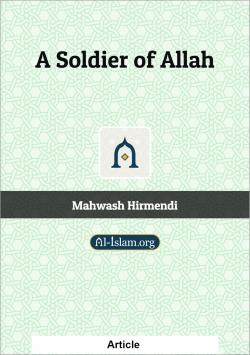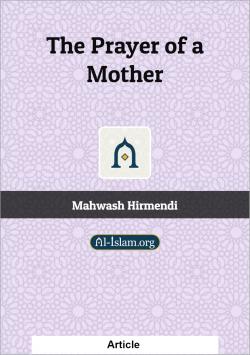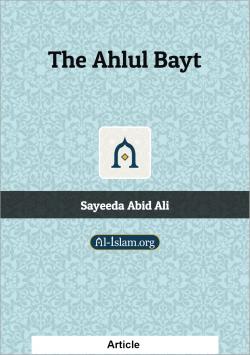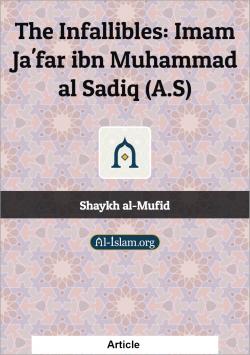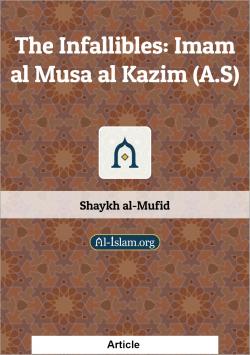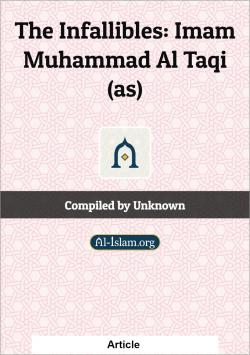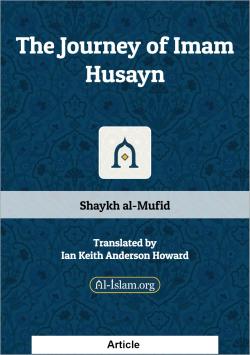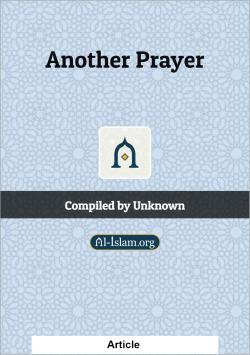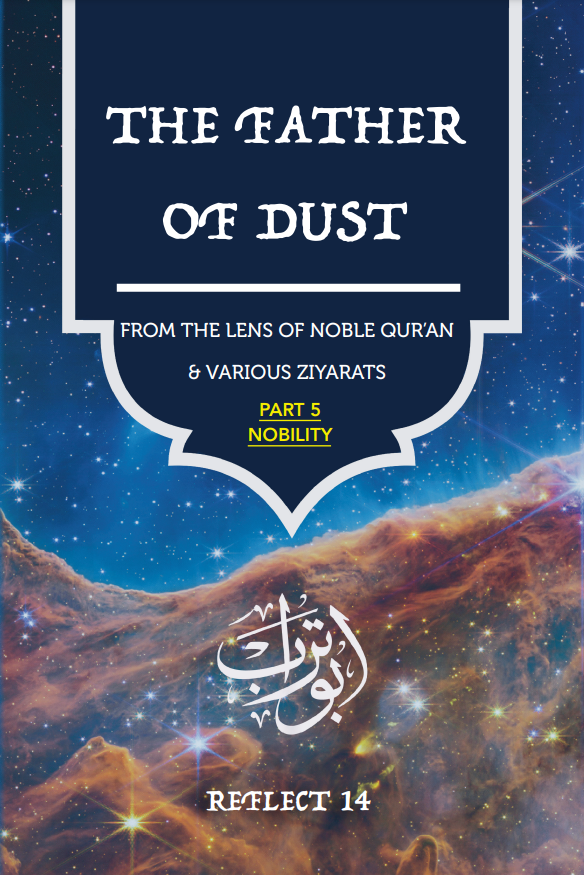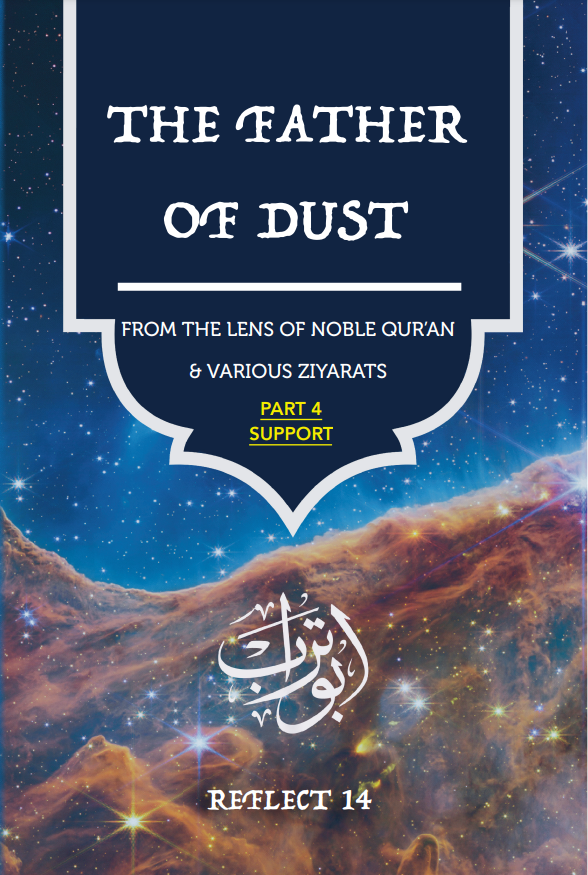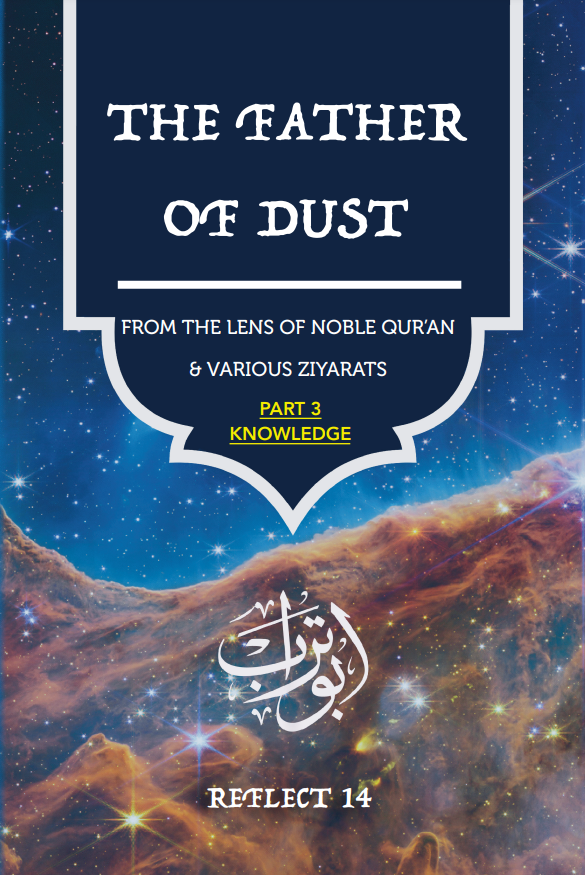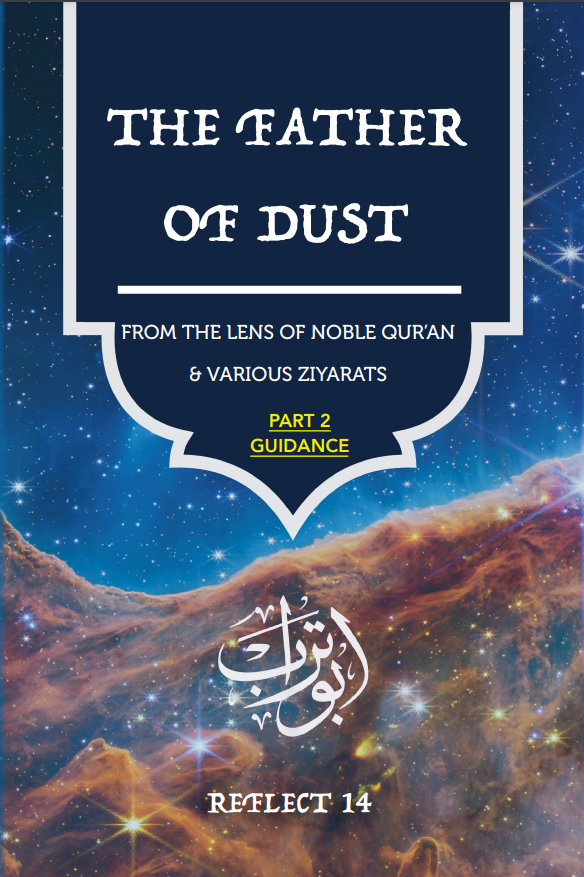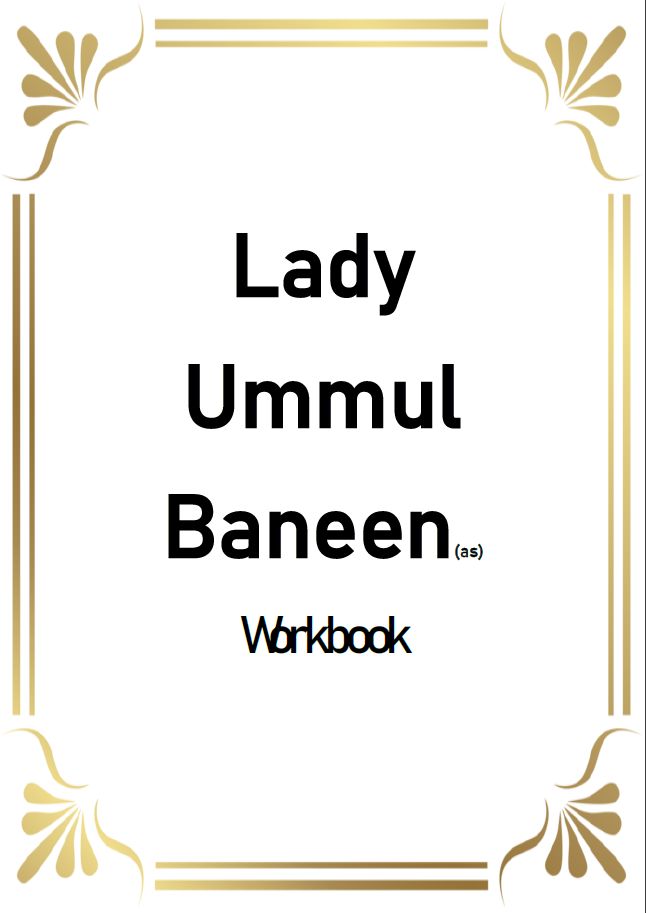The book analyzes Amirul Momineen’s (a) title, “Father of Dust”, commonly known as “Abu Turab”. While providing its relation with the Divine Leadership under 5 sections, (Trustworthy, Guidance, Knowledge, Support & Nobility) it’s an ultimately way to understand the reasoning behind this title and prove Imam Ali ‘s (a) various virtues from the Noble Qur’an as well.
51 Files
The book analyzes Amirul Momineen’s (a) title, “Father of Dust”, commonly known as “Abu Turab”. While providing its relation with the Divine Leadership under 5 sections, (Trustworthy, Guidance, Knowledge, Support & Nobility) it’s an ultimately way to understand the reasoning behind this title and prove Imam Ali ‘s (a) various virtues from the Noble Qur’an as well.
The book analyzes Amirul Momineen’s (a) title, “Father of Dust”, commonly known as “Abu Turab”. While providing its relation with the Divine Leadership under 5 sections, (Trustworthy, Guidance, Knowledge, Support & Nobility) it’s an ultimately way to understand the reasoning behind this title and prove Imam Ali ‘s (a) various virtues from the Noble Qur’an as well.
The book analyzes Amirul Momineen’s (a) title, “Father of Dust”, commonly known as “Abu Turab”. While providing its relation with the Divine Leadership under 5 sections, (Trustworthy, Guidance, Knowledge, Support & Nobility) it’s an ultimately way to understand the reasoning behind this title and prove Imam Ali ‘s (a) various virtues from the Noble Qur’an as well.
The book analyzes Amirul Momineen’s (a) title, “Father of Dust”, commonly known as “Abu Turab”. While providing its relation with the Divine Leadership under 5 sections, (Trustworthy, Guidance, Knowledge, Support & Nobility) it’s an ultimately way to understand the reasoning behind this title and prove Imam Ali ‘s (a) various virtues from the Noble Qur’an as well.


